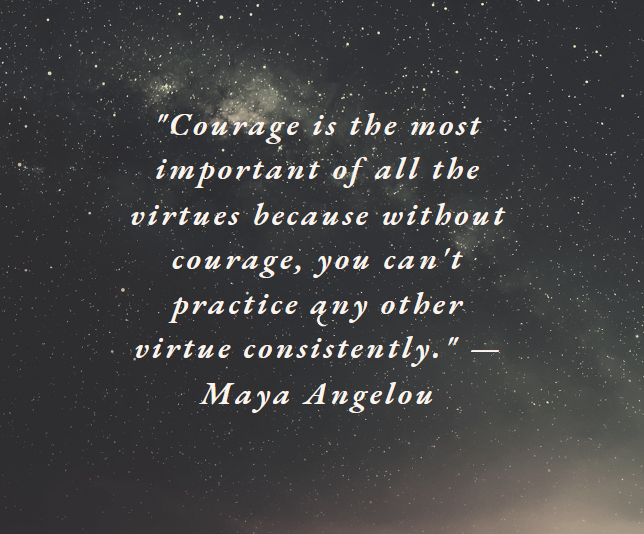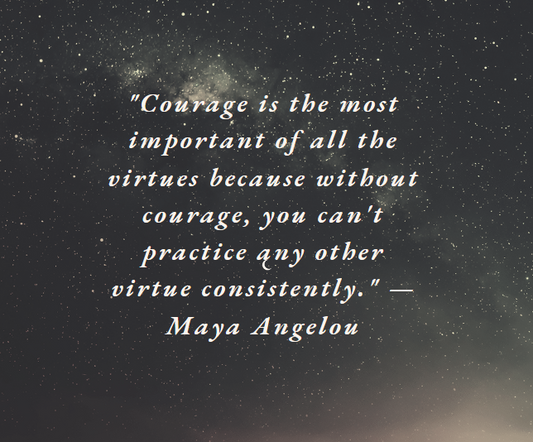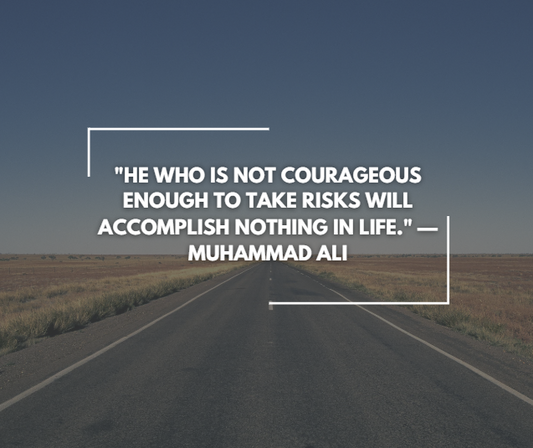Maya Angelou’s profound insight, “Courage is the most important of all the virtues because without courage, you can't practice any other virtue consistently,” highlights the foundational role of courage in leading a virtuous life. This powerful statement emphasizes that courage is essential for the consistent practice of other virtues such as integrity, compassion, and justice.
The Central Role of Courage
Courage is often regarded as the cornerstone of personal and moral development. Without the courage to act, the practice of other virtues can be inconsistent or superficial. Angelou’s perspective suggests that courage empowers individuals to uphold and practice virtues even in the face of adversity or fear.
-
Foundation for Virtue: Courage enables individuals to stand firm in their values and beliefs. Without it, practicing virtues such as honesty, fairness, and empathy can become challenging, particularly when these values are tested by external pressures or internal doubts.
-
Facing Adversity: Life often presents challenges that require bravery to overcome. Whether confronting injustice, speaking up for oneself or others, or making difficult decisions, courage is necessary to face these situations and act in alignment with one’s principles.
The Interconnection of Courage and Virtue
-
Integrity: Practicing integrity requires the courage to act honestly and uphold ethical standards, even when it is difficult or inconvenient. Without courage, the temptation to compromise on one’s principles can be overwhelming, leading to inconsistent behavior.
-
Compassion: Showing compassion involves stepping into the shoes of others and offering support and understanding. Courage is needed to empathize with others’ struggles and take action to help, especially when it requires personal sacrifice or discomfort.
-
Justice: Advocating for justice often requires confronting powerful forces and challenging the status quo. Courage enables individuals to stand up against injustice, fight for equality, and take action even in the face of resistance or personal risk.
Developing and Nurturing Courage
-
Start Small: Building courage often begins with small acts of bravery. Gradually facing and overcoming minor fears can build the confidence needed to tackle more significant challenges and practice virtues consistently.
-
Seek Inspiration: Drawing inspiration from courageous individuals and role models can provide motivation and guidance. Learning about the experiences of those who have demonstrated exceptional bravery can reinforce the importance of courage in practicing virtues.
-
Reflect and Grow: Regular self-reflection helps in recognizing areas where courage is needed and in assessing how well virtues are being practiced. Reflecting on past experiences and personal growth can enhance one’s understanding of courage and its role in living a virtuous life.
Real-Life Examples
-
Historical Figures: Many historical figures exemplify the interconnection between courage and virtue. For example, figures like Nelson Mandela and Malala Yousafzai have demonstrated immense courage in their fight for justice and equality, consistently upholding their values despite facing significant challenges.
-
Everyday Acts: Everyday acts of bravery also illustrate Angelou’s point. Individuals who stand up for what is right, help others in need, or maintain their integrity under pressure are practicing courage and virtues simultaneously.
Maya Angelou’s assertion that “Courage is the most important of all the virtues because without courage, you can't practice any other virtue consistently” underscores the essential role of courage in living a virtuous and principled life. Courage provides the foundation needed to practice virtues such as honesty, compassion, and justice consistently. By developing and nurturing courage, individuals can uphold their values, face challenges with resilience, and make a meaningful impact in their lives and the lives of others. Angelou’s wisdom serves as a powerful reminder of the importance of courage in achieving true moral and personal growth





